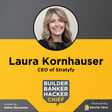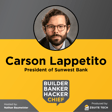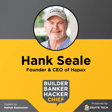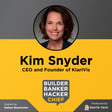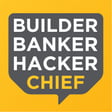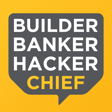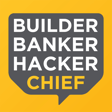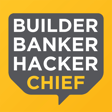
Jeffery Kendall – Jumping from skatepark to philosophy, the meandering path to leadership, and giving people hope for the future | Episode 22
Welcome to episode twenty-two of Builder, Banker, Hacker, Chief! Joining me today is Jeffery Kendall, Chairman and CEO of Nymbus. On this show, I’m unpacking the stories, decisions, and influences that make people successful leaders.
As is often the case, when you’re young, it’s difficult to see your own potential, but your friends and mentors can see it clearly. Such was the case for Jeffery Kendall as a kid growing up on skateboard in rural Idaho. He had a seemingly innate sense of vision that helps leaders rally others to their cause.
My name is Nathan Baumeister; I am the Co-founder and CEO of ZSuite Tech and the host of this podcast.
In what some might see as an existential 360°, Jeffery discovered a deep love for philosophy and enrolled at one of the most conservative colleges in the US. After that he joined the workforce as a graphic designer, later working as a chief of staff and as a sales leader – all of which prepared him to take the helm as CEO of nascent core banking startup known as Nymbus.
Along the way Jeffery’s background in philosophy gave him helpful frameworks to handle the opposing forces of innovative chaos and scalable systems that both need to operate if a young fintech company is going to thrive.
As in skateboarding, the key to running a successful company is a willingness to take risks and a relentless focus on the techniques that allow you to avoid catastrophic failure.
Jeffery’s approach to leadership is all about creating opportunities for the people around him to take on new risks and hone their techniques. It’s not about flashy tricks or trying to bring about world peace, for now he’s building a company that is doing its part to make the world a better place—one bank or credit union balance sheet at a time.
Resources:
Jeffery’s book recommendations:
Connect:

